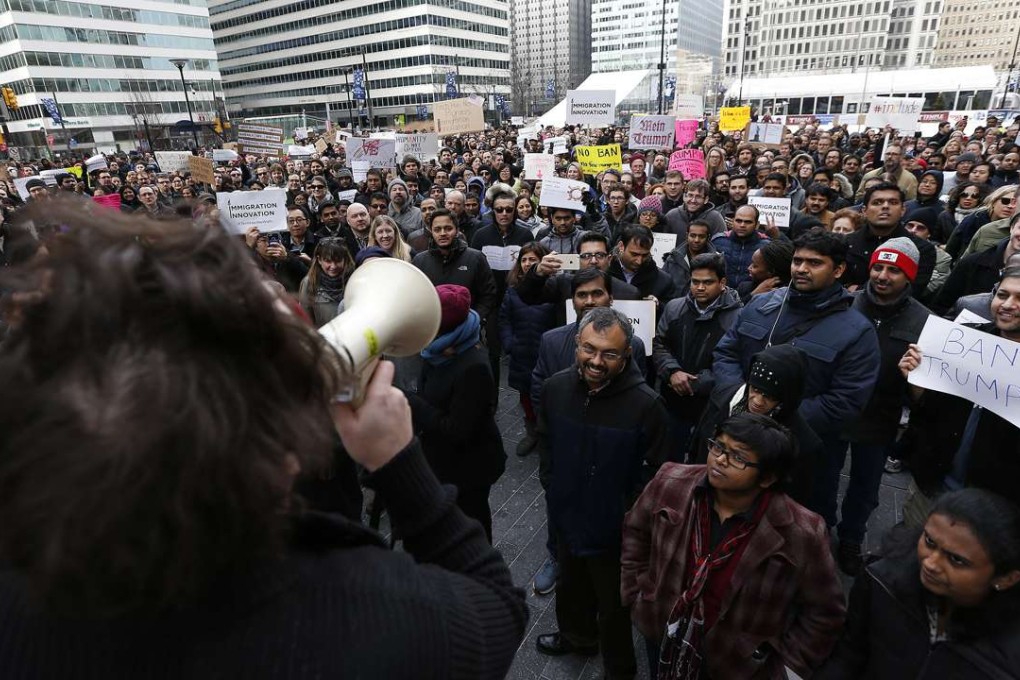A US-born NASA scientist was detained by border officers until he unlocked his phone
Sidd Bikkannavar was stopped despite being part of a programme that allows individuals who have undergone background checks to have expedited entry

Two weeks ago, Sidd Bikkannavar flew back into the United States after spending a few weeks abroad in South America. An employee of NASA’s Jet Propulsion Laboratory (JPL), Bikkannavar had been on a personal trip, pursuing his hobby of racing solar-powered cars. He had recently joined a Chilean team, and spent the last weeks of January at a race in Patagonia.
Bikkannavar is a seasoned international traveller — but his return home to the US this time around was anything but routine. Bikkannavar left for South America on January 15th, under the Obama Administration. He flew back from Santiago, Chile to the George Bush Intercontinental Airport in Houston, Texas on Monday, January 30th, just over a week into the Trump Administration.
Bikkannavar says he was detained by US Customs and Border Patrol and pressured to give the CBP agents his phone and access PIN. Since the phone was issued by NASA, it may have contained sensitive material that wasn’t supposed to be shared. Bikkannavar’s phone was returned to him after it was searched by CBP, but he doesn’t know exactly what information officials might have taken from the device.
The JPL scientist returned to the US four days after the signing of a sweeping and controversial Executive Order on travel into the country. The travel ban caused chaos at airports across the United States, as people with visas and green cards found themselves detained, or facing deportation. Within days of its signing, the travel order was stayed, but not before more than 60,000 visas were revoked, according to the US State Department.
His ordeal also took place at a time of renewed focus on the question of how much access CBP can have to a traveller’s digital information, whether or not they’re US citizens: in January, the Council on American-Islamic Relations (CAIR) filed complaints against CBP for demanding that Muslim American citizens give up their social media information when they return home from overseas. And there’s evidence that kind of treatment could become commonplace for foreign travellers. In a statement this week, Homeland Security Secretary John Kelly said that people visiting the United States may be asked to give up passwords to their social media accounts. “We want to get on their social media, with passwords: What do you do, what do you say?” Kelly told the House Homeland Security Committee. “If they don’t want to cooperate then you don’t come in.”
Seemingly, Bikkannavar’s reentry into the country should not have raised any flags. Not only is he a natural-born US citizen, but he’s also enrolled in Global Entry — a programme through CBP that allows individuals who have undergone background checks to have expedited entry into the country. He hasn’t visited the countries listed in the immigration ban and he has worked at JPL — a major centre at a US federal agency — for 10 years. There, he works on “wavefront sensing and control,” a type of optics technology that will be used on the upcoming James Webb Space Telescope.
